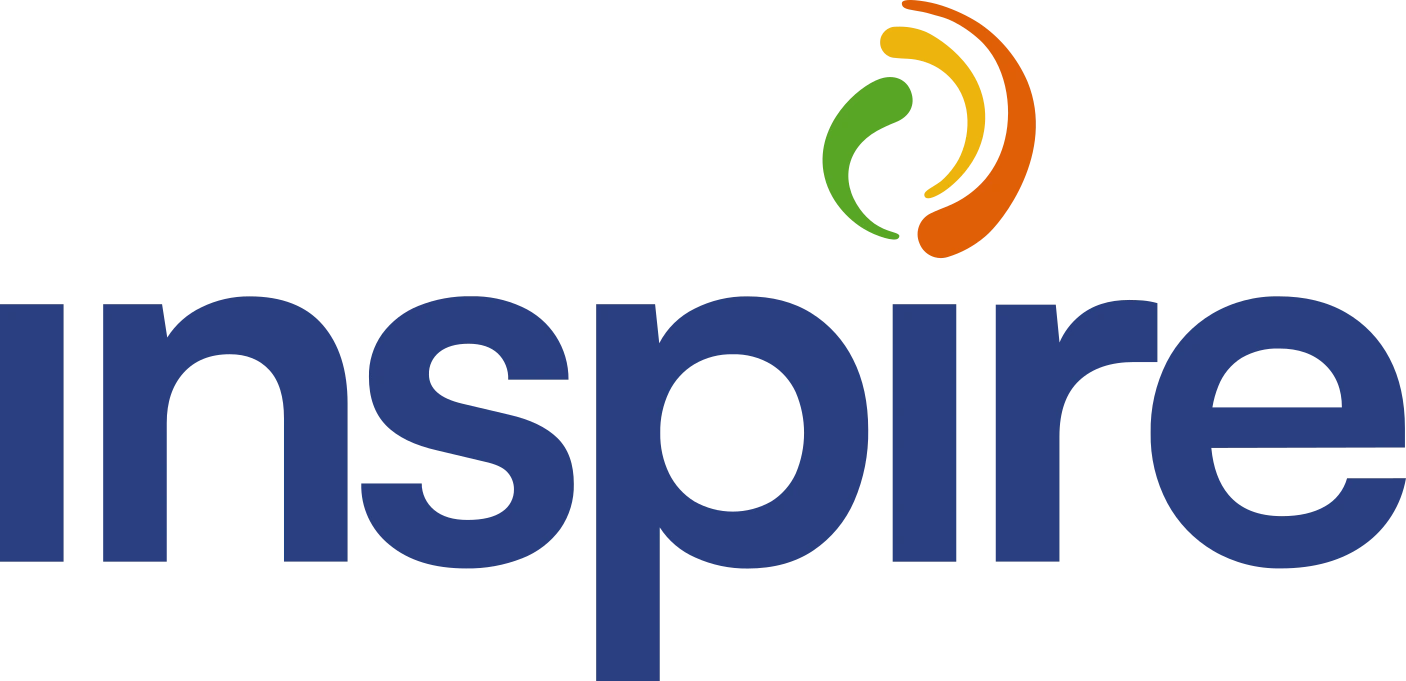Appreciative Inquiry-Based D&I Course
The Appreciative Inquiry-Based D&I Course is designed to equip participants with the tools and strategies needed to adapt, scale, and sustain evidence-based HIV programs for adolescents and young adults (AYA) in resource-constrained settings. Grounded in the principles of dissemination and implementation (D&I) science and guided by appreciative inquiry, the curriculum leverages the strengths and innovations already present within the PATC³H-IN network.
In 2026, INSPIRE will host its second course cohort, which will explore Discrete Choice Experiments. Read about our 2025 cohort on the INSPIRE blog.
2026 Cohort
Innovative D&I Approaches: Appreciative Inquiry and Discrete Choice Experiments
Five-Week Course Duration: 26 January – 27 February
Cohort Duration: January 2026- December 2026
Our 2026 Course focuses on designing and applying Discrete Choice Experiments (DCEs) to sustain evidence-based HIV programs for adolescents and young adults in resource-constrained settings. At the conclusion of the course year, members of the cohort will have designed and implemented a DCE as well as written and submitted a peer-reviewed manuscript on their work.
Congratulations to the 2026 Cohort!
-
-
-
-
Yolanda Mayman | ATTUNE
-
Doreen Kemigisha | MU-JHU
-
Agatha Mnyippembe | MWOTAJI
-
Katherine Simon | VS4A
-
Mwamba Mwenge | ZAIMARA
-
Sonnen Atinge | iCARE Plus
-
Aishat Adedoyin Koledowo | S-ITEST
-
Gift Tonex Ndalumbira | RISE
-
-
-
I am thrilled to have been part of this transformative journey! This course is a rare opportunity to dive deep into dissemination and implementation science using appreciative inquiry. I felt connected to a global network of like-minded individuals passionate about creating positive change.
